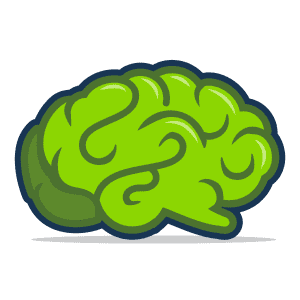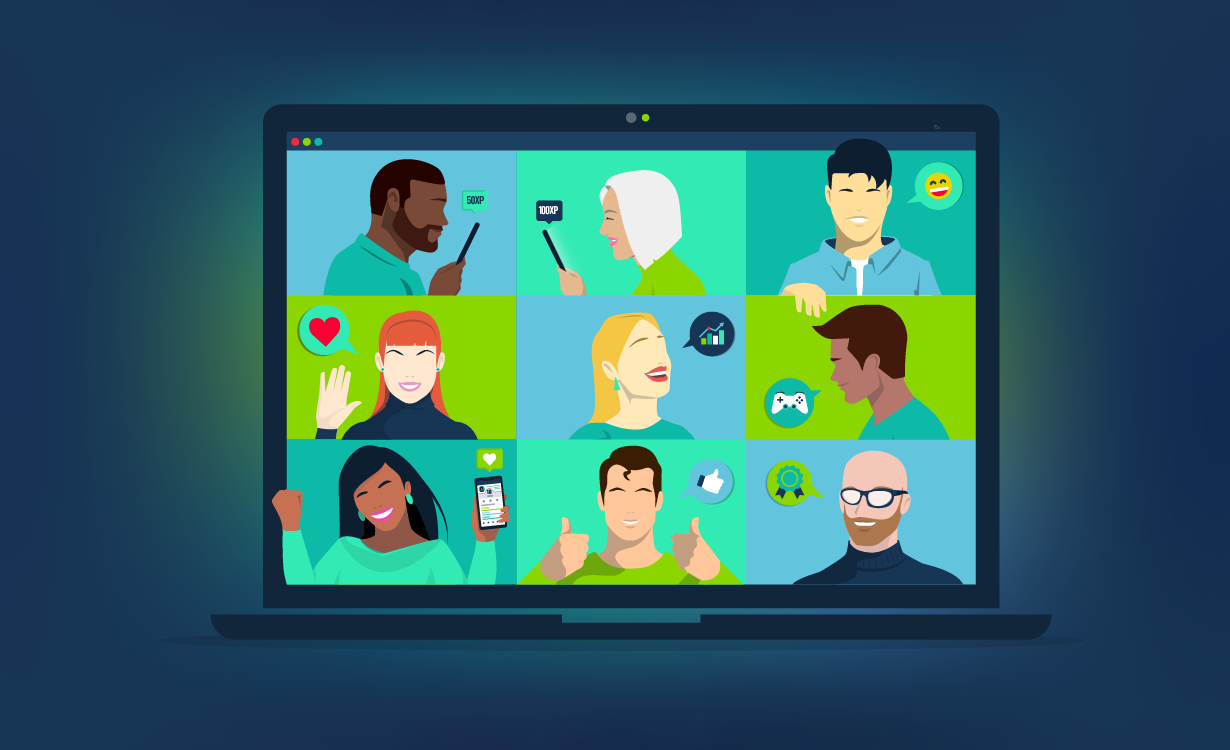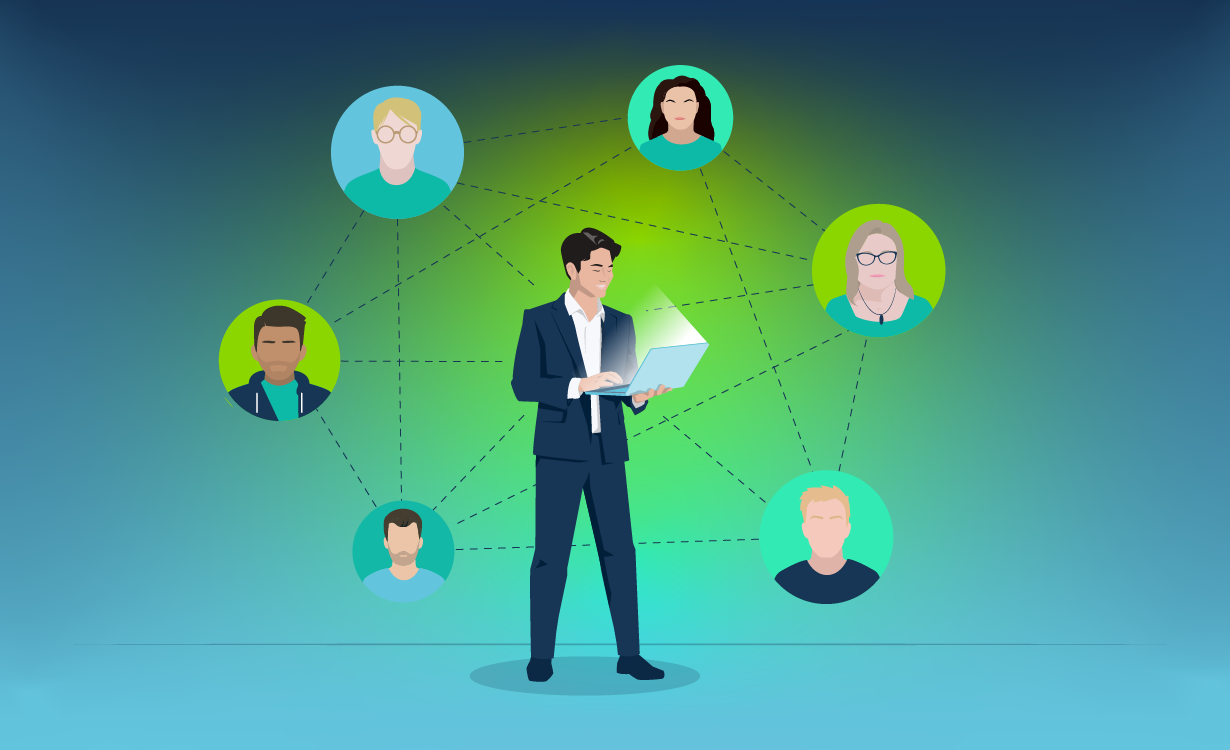 You spend a third of your lives doing it. Cats spend two-thirds of their lives doing it. And the benefits are practically infinite.
You spend a third of your lives doing it. Cats spend two-thirds of their lives doing it. And the benefits are practically infinite.
It enhances your attention and improves your recall. It sharpens problem-solving skills and can lower your blood pressure.
But there’s one benefit we like most about a good night’s sleep …
… Your procedural memory gets a boost, enhancing your learning ability!
Let’s take a look at the vast number of wonderful links between sleeping and learning. Firstly, what happens to the brain when you don’t get enough sleep?
Learning When Sleep Deprived

We’ve all experienced a bad night’s sleep. You spend the next day feeling sluggish, unfocused and above all, tired!
It’s recommended that adults get eight hours sleep every night. These eight hours are critical for the mind and body. In fact, a lack of sleep is more dangerous than a lack of food.
Sleep deprivation can have unpleasant repercussions on the brain, including:
Cognitive Impairment
With little sleep, the brain experiences reduced melatonin, which is essential for efficient cognitive functioning. Cognitive functioning affects everything from memory, info processing and attention. All three of which are imperative when it comes to learning.
Memory Lapses
The amygdala is the area of the brain that manages emotion. It’s our emotional HQ! Activity levels in the amygdala can be as much as 60% higher in the sleep deprived. This is why a lack of sleep can lead to agitation.
When agitated, your brain releases a collection of stress hormones. One of the main stress hormones released is called cortisol. If too much cortisol is distributed, it can damage the hippocampus’ ability to recall memories. Recalling memories is crucial for the learning journey.
Lack of Focus
The sleep-deprived will experience diminished metabolism and reduced blood flow to the brain. These shortages in metabolism and blood flow are associated with focusing issues, inattention and poor engagement. Good engagement is something that’s really important to us. In fact, we have a whole interactive workbook dedicated to it called The Engagement Engine Workbook.
Increased Stress
When your brain hasn’t experienced enough sleep, the cells have a challenge communicating with each other. This is why the neocortex encounters difficulty understanding new learning. The more agitated or stressed you are, the greater the impact on your memory and learning.
And finally … Hallucinations!
A lack of sleep can distort your visual processing. In fact, a Stanford researcher found that 80% of people hallucinate if they are severely sleep-deprived. As you might expect, these are sub-optimal conditions for learning to occur.
All of these can be incredibly damaging to the learning process. So what happens to the brain when you do get your full eight hours?
Learning On Good Sleep

Getting a peaceful and unbroken night’s sleep is the key to great things. You’re energetic, you’re happy and you learn way better!
Let’s take a look at what happens to your brain after a good sleep…
Memory Processing
If you’ve ever used video editing software, you’ll know that rendering footage can be time-consuming. The same kind of processing happens when you nap. Your brain processes all the memories that have occurred that day. It strengthens connections between brain cells which help solidify your new memories. This is yet another reason why sleep is so important for learning.
Declarative Memory Processing During REM
Declarative memory (also known as explicit memory) is the part of the memory that deals with facts and events. These are processed when you go through REM. Rapid Eye Movement is a phase of sleep where bursts of electrical activity occur in the brain stem.
It’s the deep part of your sleep, when declarative memories are processed. You literally learn whilst you dream!
It Improves Concentration and Productivity
The US National Library of Medicine conducted a study on medical interns that showed the effects that sleep can have on concentration and productivity levels. Interns on a prolonged 24 hour work schedule made 36% more medical errors than interns on a schedule that allowed better sleep. This isn’t a solitary instance either. Sleep will boost your metabolism and increase blood flow to the brain. This, in turn, will improve your concentration and your productivity.
So, How Do You Get Better Sleep?
1. Get Out More
A great way to get more sleep is to increase exposure to bright light when you’re awake. By bright light, we mean natural sunlight (so don’t just shine a torch in your face!). This is due to your circadian rhythm. Your circadian rhythm is a hormone-based clock that tells you when to wake and when to sleep.
2. Turn Off More
If you want a truly beautiful sleep, then turn off your phones, computers and other similar devices a good hour before bedtime. Technology is now woven into the tapestry of our everyday lives. An unhealthy by-product of this, is that you find yourself checking them a lot. In fact, it’s said that adults check their phones every 12 minutes. Unfortunately, this digital dependency doesn’t stop when you’re tired. The blue light exposure tricks the mind into thinking it’s still daytime. Your Instagram update can wait until the morning!
3. Sleep To The Clock![]()
Your body clock responds to routine. Even staying up late on the weekends can knock it out of sync. Without a strong sleep pattern, you’ll feel tired and wide awake when you shouldn’t. Set yourself a goal: sleep and wake up at the same time everyday for two weeks, and we bet you’ll feel like an supersonic energised superhuman by the end of it!
Final Word
Most people know the importance of sleep and its link with attention and concentration levels. Getting a solid eight hours every night will keep your brain happy. You’ll be more focused, more relaxed and your cognitive functioning will be better off. The happier your brain, the easier you’ll learn!
Here at Growth Engineering, we make learning easier via gamification and social learning. Book a free demo of our award winning Academy LMS today!
Like this blog? This is part of a neuroscience collection. Check out our other recent neuroscience blogs here:
The Role of Endorphins in Learning: Revealing Brain Insights








